Lent 2023 newsletter
Kyle Johnson, Tanzania
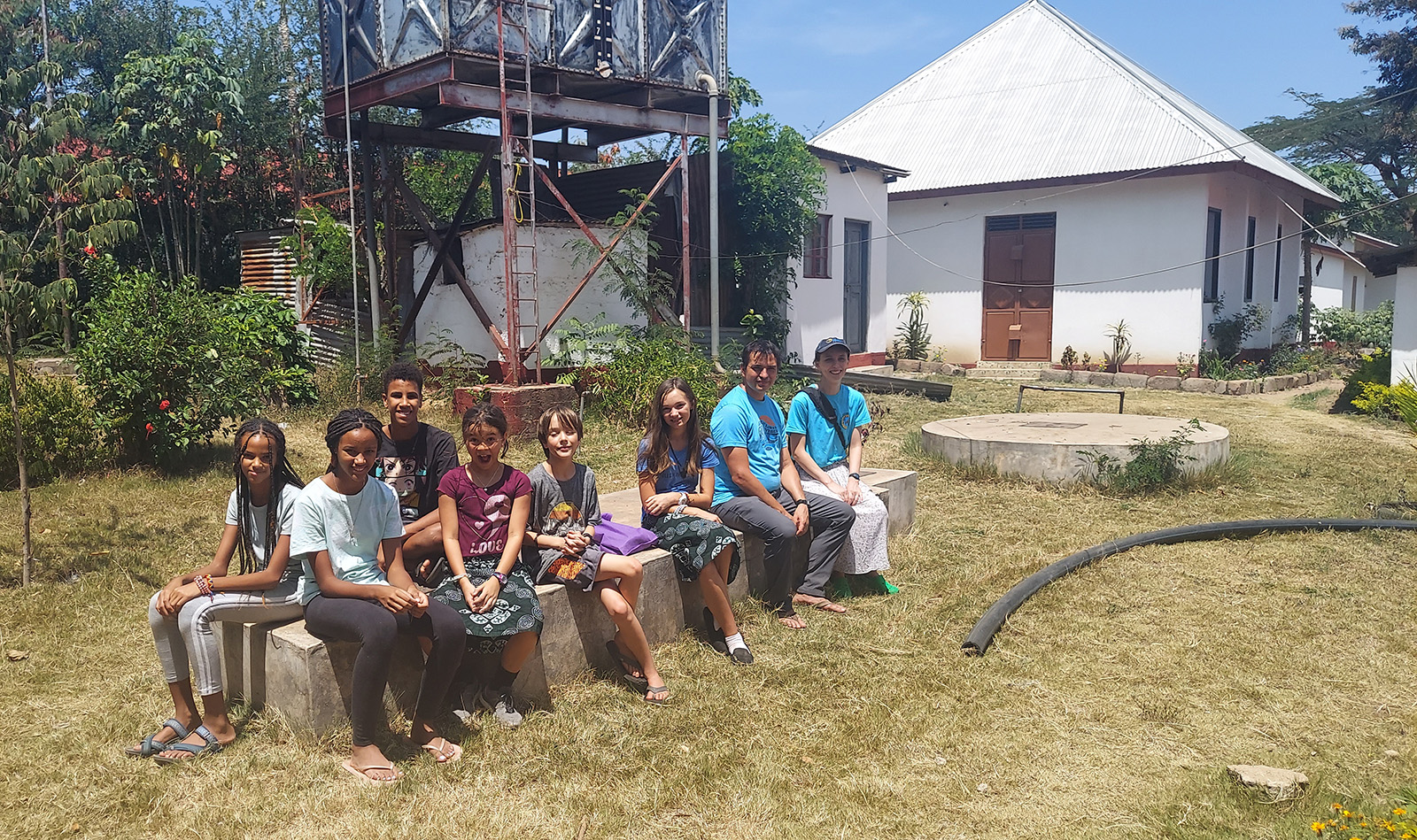
Visiting with fellow missioners in Musoma, Tanzania
Mwanza, Tanzania is a different world, compared to our small town of Sequim, Washington, where we lived before departing on this three-and-a-half-year mission with Maryknoll Lay Missioners. But it is a city that is uniquely colorful, unmistakably beautiful and quintessentially African.
While there are countless differences between our small idyllic town in Western Washington and this African city — which hugs Lake Victoria, the second largest lake in the world — it is perhaps the absent conveniences of home that most remind us of where we are not.
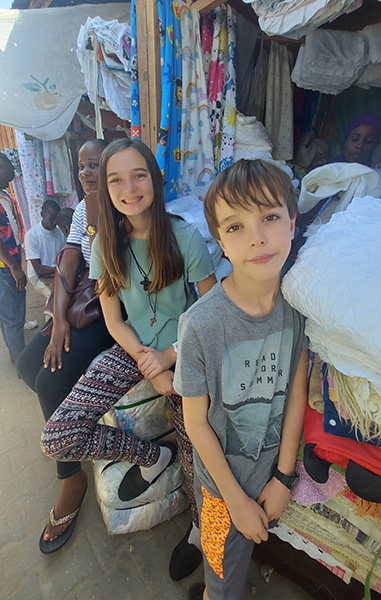
A secondary market of unused and gently used items from the U.S. and Europe
Where we are there are no two-day deliveries and no “everything” stores. Internet and phone time are purchased at kiosks around the city, and there is even a meter in our house that shows us the hours until we run out of pre-paid electricity. The water we drink and the gas we use to make it drinkable are all resources that take time and effort to manifest.
Everywhere you look you see the finiteness of resources. Every house I’ve been in has mismatched appliances, dishes and utensils. Very little gets thrown out that can be used later. This is due to the simple fact that things are expensive, people don’t have much money, and there is a general lack of product availability.
A significant portion of the local economy in Mwanza consists of second-hand markets where previously owned goods are sold. An informal sharing economy is also alive and well.
But what if that all changed tomorrow? What if Africa’s near population of 1.5 billion people were suddenly elevated to the same economic level as the U.S., with the same consumerist economy?
The U.S. makes up less than 5% of the world’s population but consumes over 17% of the world’s energy. Americans consume more resources and live much less sustainably than any other large country in the world. If Africa’s rate of consumption were to suddenly mimic that of the U.S., it would put a massive strain on already strained systems. This isn’t to say that development isn’t good, but certainly the waste-heavy consumer model of the U.S. is hardly an example to follow.
Often Americans try to buy their way into environmental sustainability. We decide we want to start composting, so we buy a new compost bin instead of a used one or building one from scrap. We do the same thing with recycling bins and with any of the other thousands of consumer items that promote more consumption in the name of environmental friendliness.
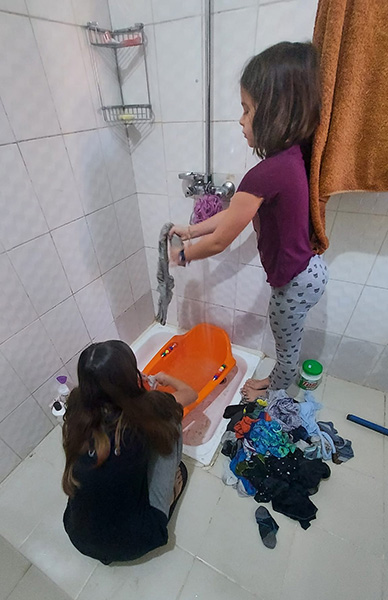
Doing the laundry
From my previous time abroad, I can say with certainty that the developing world has much to teach us about living a life of less. The juxtaposition of our life in the U.S. with our new reality in Africa has reminded me that even the smallest resources are not infinite, even though we sometimes live like they are.
In Laudato Si,’ Pope Francis reminds us that our conveniences come at a significant cost to others, too: “We cannot fail to consider the effects on people’s lives of environmental deterioration, current models of development, and the throwaway culture.” Being here in Africa, it is impossible not to realize that much of the modern lifestyle of wealthy countries has come at the expense of poorer ones.
With the Lenten season upon us, I have been thinking about what I can give up for these 40 days of introspection. I’ve also been thinking about our planet, how we interact with it and how that relationship has changed since our coming to Mwanza.
Perhaps, in this period of reflection, we can choose to give up something that extends beyond Lent. We might ask the question: What can we give up or change for the rest of our lives to honor creation and help sustain our world?
Is it eating more sustainably? Can we buy used things instead of buying new ones — or better yet, avoid buying more things at all? What about curbing the use of plastic bags? They have been banned in Tanzania since 2019, and it has considerably reduced plastic in the environment.
In essence, what can we do to live a more conscious life? I’m not sure that the answer will be the same for everyone, but I think that being in Africa has helped me realize that getting by with less is probably a good start.
Please consider joining our circle of COMPANIONS IN MISSION. Companions in Mission are generous donors, like you, who give financial gifts on a regular (usually monthly) basis. For more information visit Become a Companion in Mission. Thank you so much for your generosity!

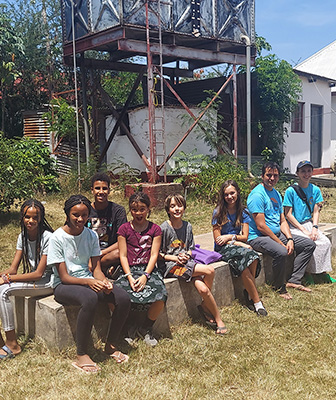

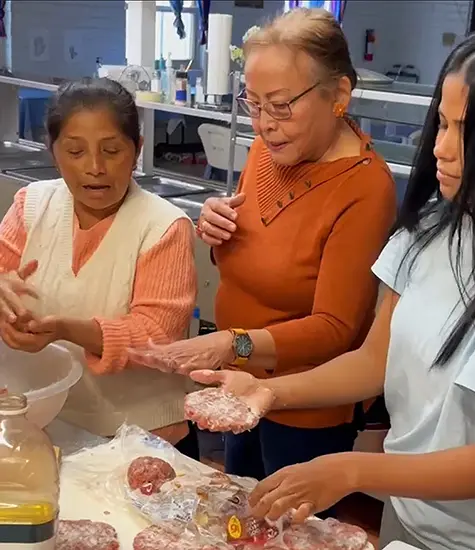
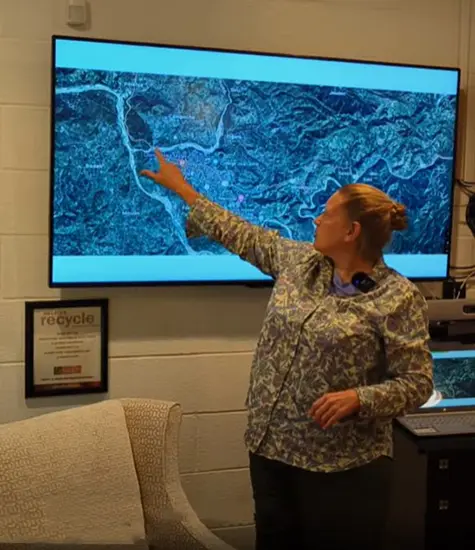
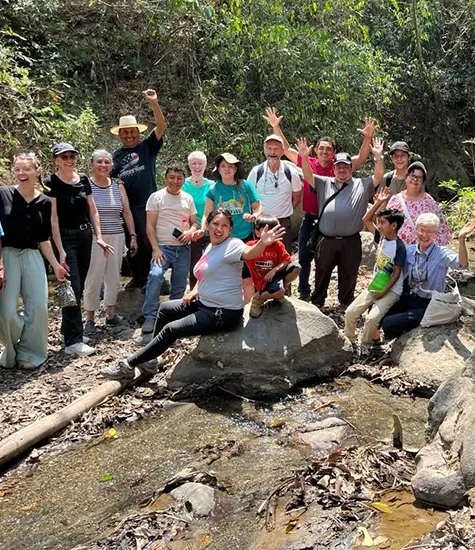




Thank you Kyle for sharing such a valuable lesson, so needed in our world, more than ever!
I can only imagine Josephine, Collin, and Charlotte taking all of this in, in their own particular way.
Amazing!
Thank you Juan! We appreciate you very much. The kids are doing great. They still talk about Tio Juan – The Foursquare Legend!!! We send our love and gratitude to you and your amazing family.
-Que Dios te bendiga.